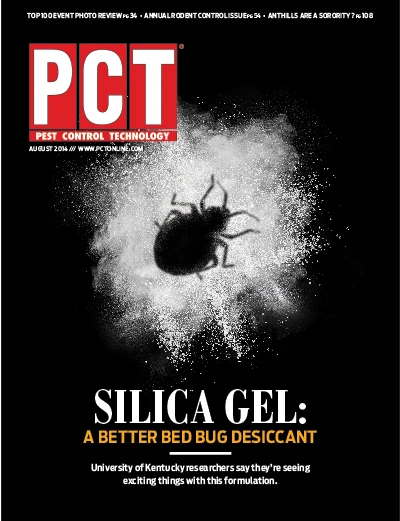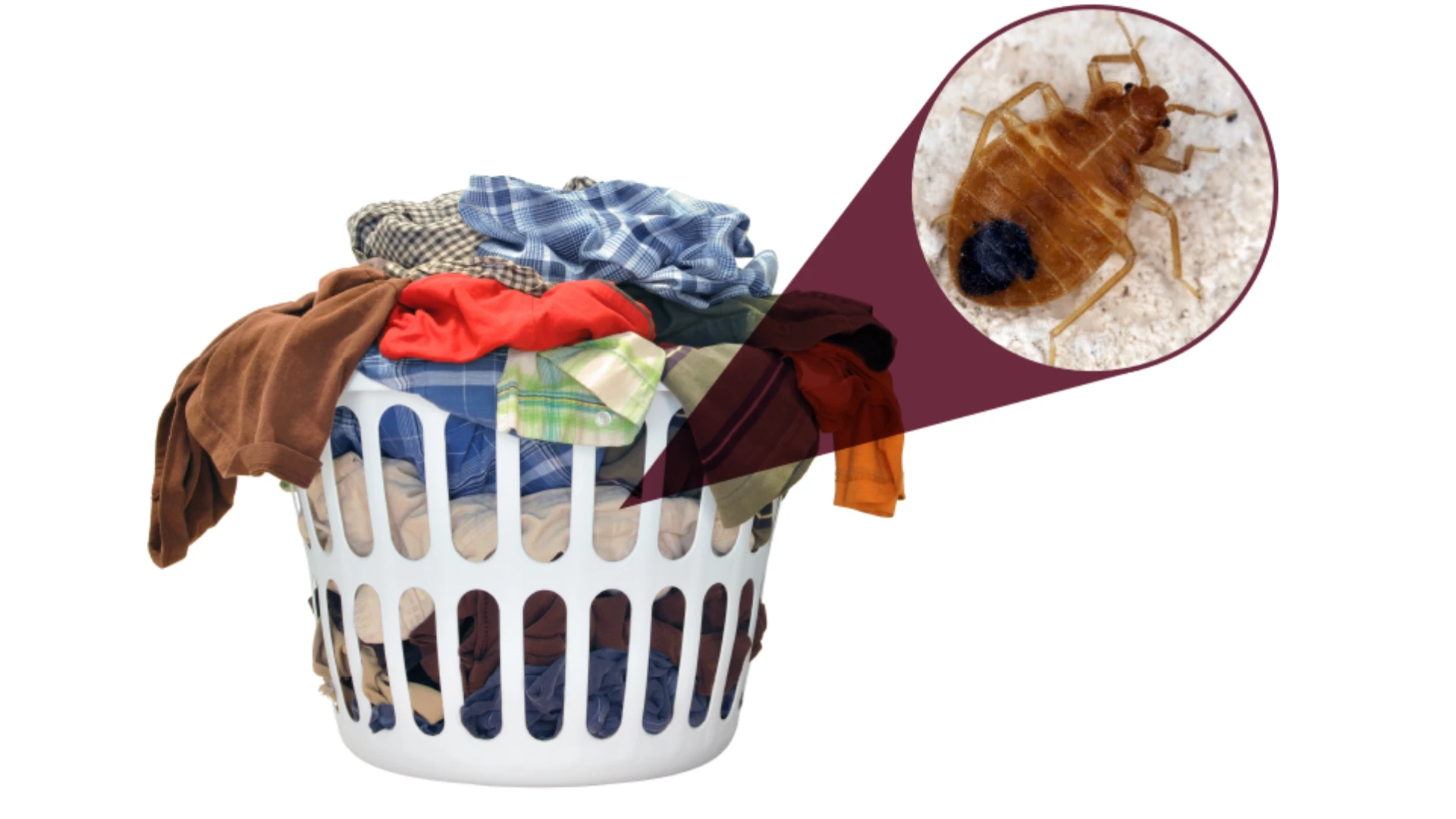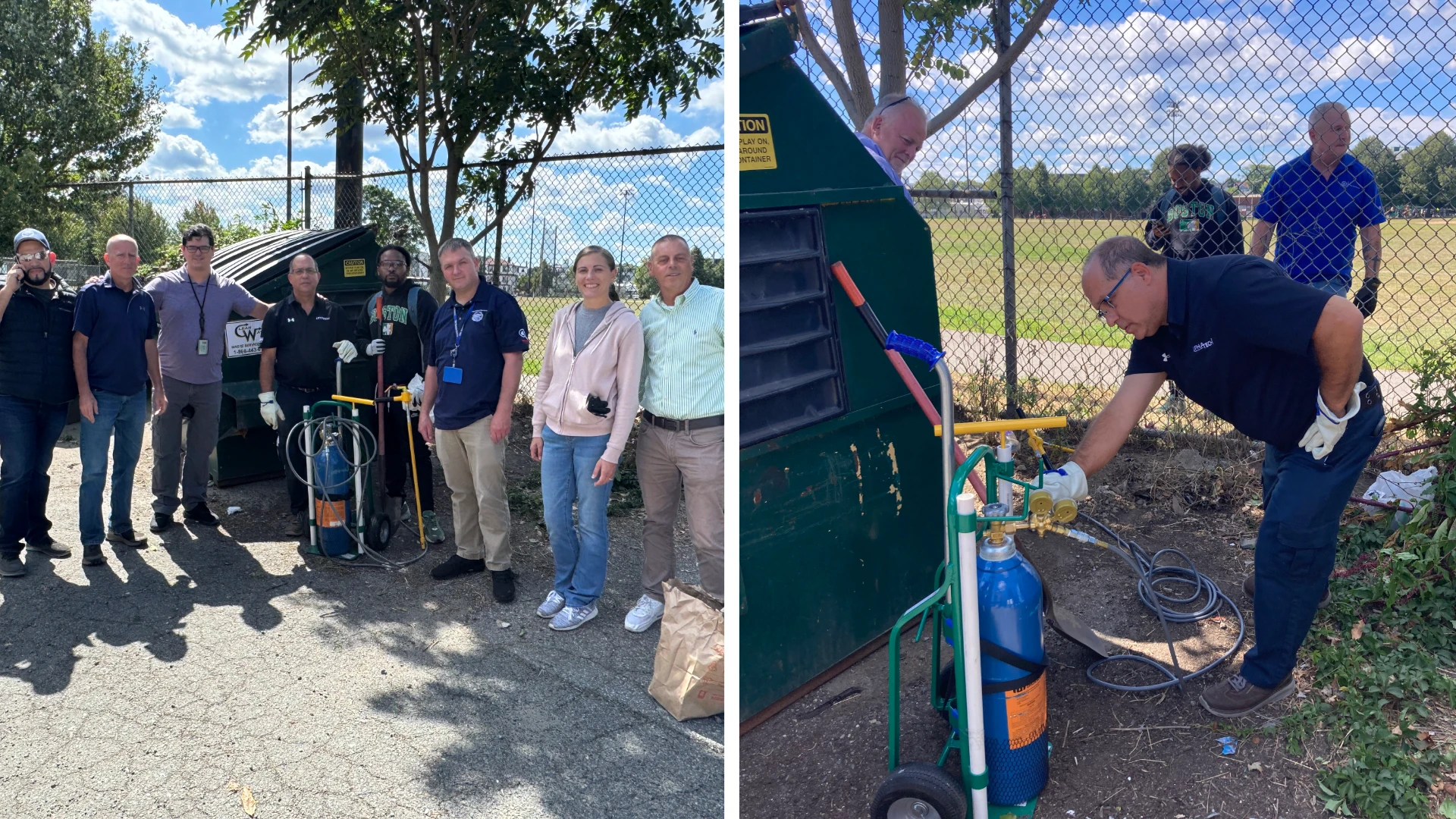Stewardship stew•ard•ship noun \ stü-rd-ship, styü-; st(y)urd-\ : the activity or job of protecting and being responsible for something. 1: the office, duties and obligations of a steward.
2: the conducting, supervising or managing of something; especially: the careful and responsible management of something entrusted to one’s care <stewardship of natural resources>.
As pest management professionals, we have an obligation to live and breathe stewardship for our industry. It’s a duty…and a privilege. We are protectors of health and property, dedicated to serving our clients and providing peace of mind alongside pest management.
Proper stewardship includes using our products with the utmost care. It’s everyone’s job — from owner, to operations and training management, to technicians and field service personnel — to ensure cautionary measures are taken and regulations are followed.
A few months ago, it became evident that, as an industry, we need to discuss, train, refresh and reinforce product stewardship. Specifically, several state agencies discovered that products used in our industry were being applied in violation of their federal label directions. In several instances, owners and management of PMP companies knowingly violated label directions. In one situation, the owner of a taxidermist company actually altered a label and material safety data sheet, made up his own label directions, and sold and shipped the product across state lines. These are serious, criminal actions with real-life consequences — he was sentenced to one year and one day in jail and his wife was sentenced to home confinement and three years’ probation.
We could analyze the details of each of these cases and where things went wrong, but the more important discussion for our industry is centered on the ramifications of these events on brand protection — for our clients, for the public and for us as an industry.
Protecting Clients & the Public.
Several of these instances were investigated by the lead pesticide agency in states where the illegal applications occurred. These applications were made in stores where we shop, restaurants where we dine and facilities that provide us with health care and other services. The names of these businesses are in the investigations and final reports along with the penalties for the offending pest management companies. These documents are readily available on the Internet as they become public record when the investigation is over.
Generally, the state lead agency will contact the affected business and send information on what happened and how to clean up or remediate the applications. Not only did those PMPs violate federal label laws, they also put those businesses in a compromised position that could result in the loss of clients, reputation and, certainly, revenue.
Of course, this type of disregard for the safety of others and the guidelines of quality pest management service also impacts the greater pest management industry brand. When events like this unfold and become public knowledge, we quickly lose the professional image we have worked so hard to build. We subject our story (and the pest management industry in general) to sensationalism by reporters, the media and those who tend to exaggerate the situation. And, we really have no defense — there’s no excuse for these types of actions, especially when they were intentionally committed.
What Now?
Now the industry may need to earn back respect and the public’s trust. It starts with the spirit of stewardship and requires true collaboration of all parties — the manufacturers of pest management materials, the National Pest Management Association and state associations, researchers and educators, and, of course, our PMP colleagues.
We need to be willing to work together to ensure these types of situations do not happen again by freely giving our time and talents to assist in the development and implementation of product stewardship efforts. For those of us with extensive experience applying these principles to our work, it’s now our calling to guide others, bettering the pest management service offering of us all, friends and competitors alike.
Our firm implemented a company-wide product stewardship statement/expectation: “Uses not included on the label have not been evaluated for human and environmental safety and can result in human and environmental hazard.” It’s an incredibly basic, simple truth that every employee in your organization needs to read and understand. Imagine having that statement read to you on a witness stand in front of a jury! What would be the questions that followed? Assuming the worst, if your insurance adjuster investigates and finds out one or several of your employees knowingly violated label directions, you could be denied coverage and left holding all the financial costs associated with the situation. The costs could be more than you could imagine.
Take action now and address the issue of product stewardship with everyone in your organization. Don’t wait and assume that you could never experience a problem. Instead, reach out and start the learning process now. It’s never too late to pay attention to this part of the business. You and your clients can only benefit from your product stewardship promotion and efforts.
Kolbe is the director of technical and training services for Viking Pest Control in Bridgewater, N.J. Kolbe’s career in pest management started in June 1974 after he graduated from the University of Delaware.
Copesan is an alliance of pest management companies with locations throughout North America. To learn more, visit www.copesan.com.

Explore the August 2014 Issue
Check out more from this issue and find your next story to read.
Latest from Pest Control Technology
- Rentokil Terminix Expanded in Key Markets with 2024 Acquisitions
- In Memoriam: Joe Cavender
- Certus Acquires Green Wave Pest Solutions
- Liphatech Adds Alex Blahnik to Technical Team
- Do the Right Sting: Stinging Insect Identification, Management, and Safety
- VAGA's 8th Annual Veterans Thanksgiving Appreciation Dinner
- Clark's Blair Smith on the Response to Increased Dengue Fever Cases in Southern California
- WSDA, USDA Announce Eradication of Northern Giant Hornet from U.S.





